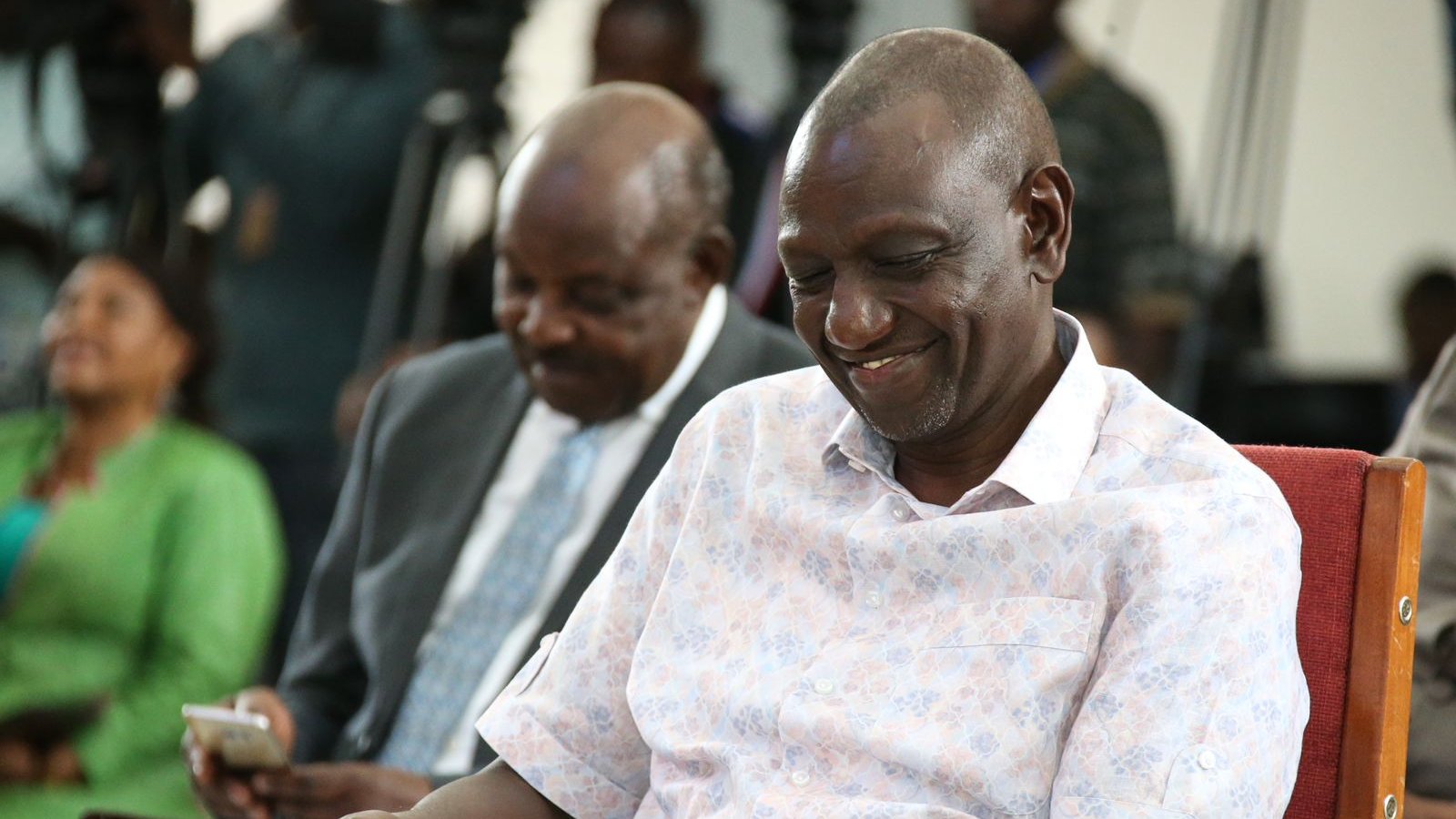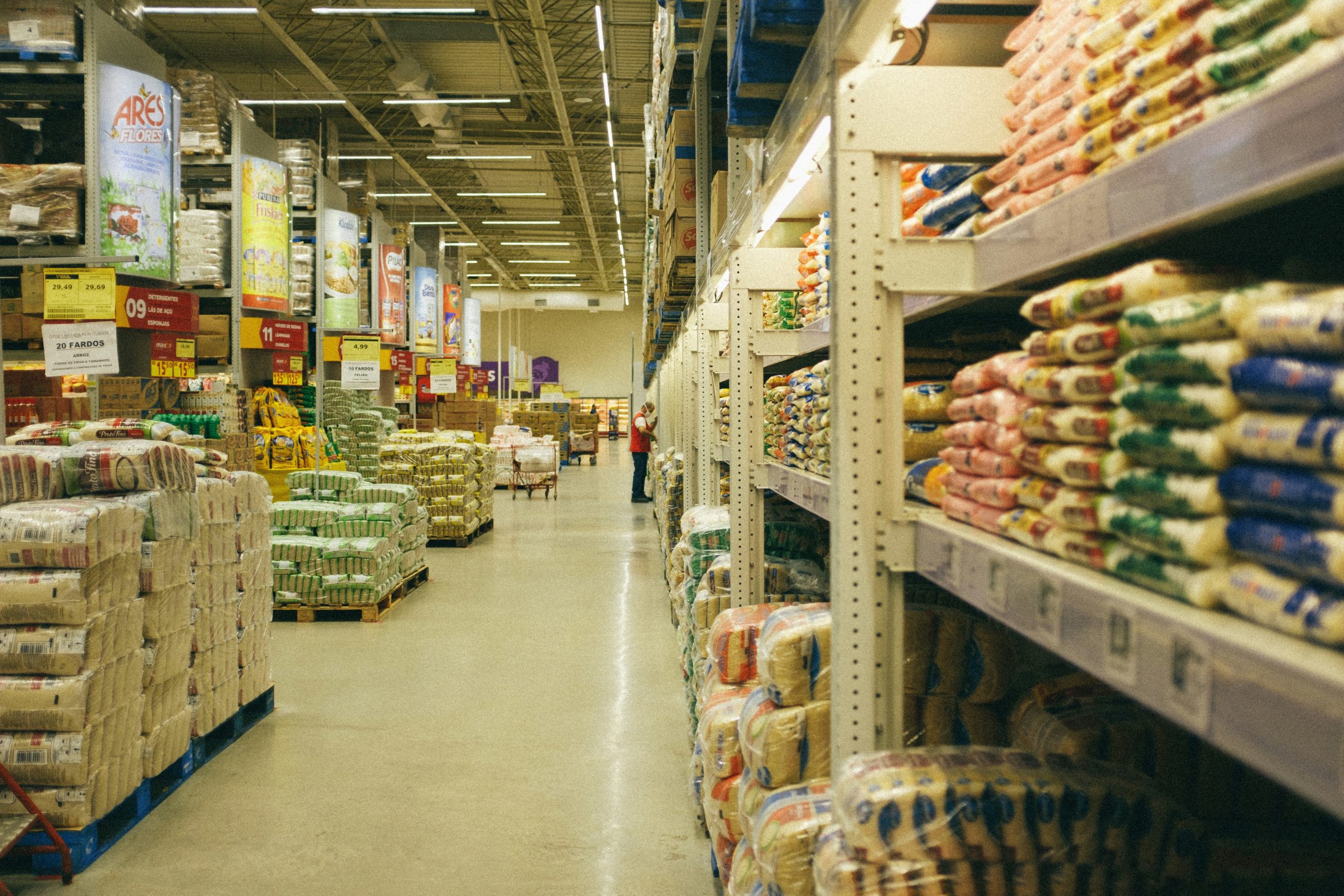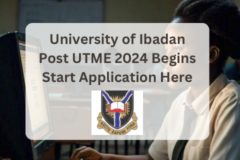Telcos such as Safaricom say it is impossible to assemble a $40 smartphone due to high taxes. To this end, the telco wants the tax concerns addressed; else, the project will see a unit cost twice as much.
Kenya is set to assemble local and affordable smartphones for its people in less than two months. However, the project, drummed up by the nation’s ICT cabinet secretary Eliud Owalo since the start of the year, has been faulted by carrier Safaricom, which says it will be impossible for the devices to cost the suggested price of $40. According to the telco, President Ruto’s government is lobbying to increase excise duty, VAT, and import duty in a new bill. However, they have failed to recognise that these taxes will result in a cost per unit that is more than double the suggested selling price.
READ MORE: Kenya’s government proposes new bill to tax content creators
The project is part of the Digital Superhighway plan with two primary goals. Firstly, it aims to expand the country’s fibre network coverage by laying 100,000 kilometres (62,000 miles) of fibre optic cable. This significant infrastructure expansion will enable the creation of 25,000 public Wi-Fi hotspots and establish Digital Village Smart Hubs in all 1,450 wards across Kenya. Secondly, the project aims to improve e-government services by automating more than 5,000 government services within six months, targeting completion by mid-2023. This digitisation process includes automating business processes, digitising manual records, enhancing data sharing between agencies, and implementing a unique identifier for accessing digital services.
These services can only benefit Kenyans if they have access to smartphones. However, smartphones are still expensive, so the local assembly plan was suggested. The project sought telcos’ services, including Safaricom, Airtel Kenya, and Jamii Telecoms, among others, to help in local assembly. However, only Safaricom has confirmed the existence of an assembly line. According to the operator, the facility can produce up to 1.4 million devices in one year and can help it overcome dollar exchange rate constraints since it imports up to 4 million devices yearly for its customers.
Safaricom has since told the finance and planning committee to adjust the rates suggested in the proposed Finance Bill, 2023, else smartphones will not cost $40. During the bill’s public hearings, Karanja Gichiri, who serves as Safaricom’s head of venture, expressed the need to tackle import, excise, and VAT concerns to align with the president’s vision of a $50 phone. Gichiri emphasised the potential savings of KES 4,000 ($29) and a reduction in cost from KES 11,500 ($84) to KES 7,500 ($55). He proposed scaling down the taxes to KES 3,000, resulting in a final price range of KES 6,500 ($47) to KES 7,000 ($51) for locally assembled smartphones.
Job Kabochi, representing audit firm PwC, said there was a 13.5% reduction in imports during the fourth quarter of 2022, attributed to shortages and inflation. Kabochi proposed amendments to the VAT Act and the Excise Duty Act as a solution. The proposal suggested the addition of new clauses in the Second Schedule of both acts to incorporate the supply of locally assembled and manufactured mobile phones under the VAT Act and introduce provisions for disassembled or unassembled kits meant for local assembly or manufacturing of mobile phones within the Excise Duty Act.
It is not clear how the government will navigate the said concerns to achieve the goal of a $40 smartphone.



















